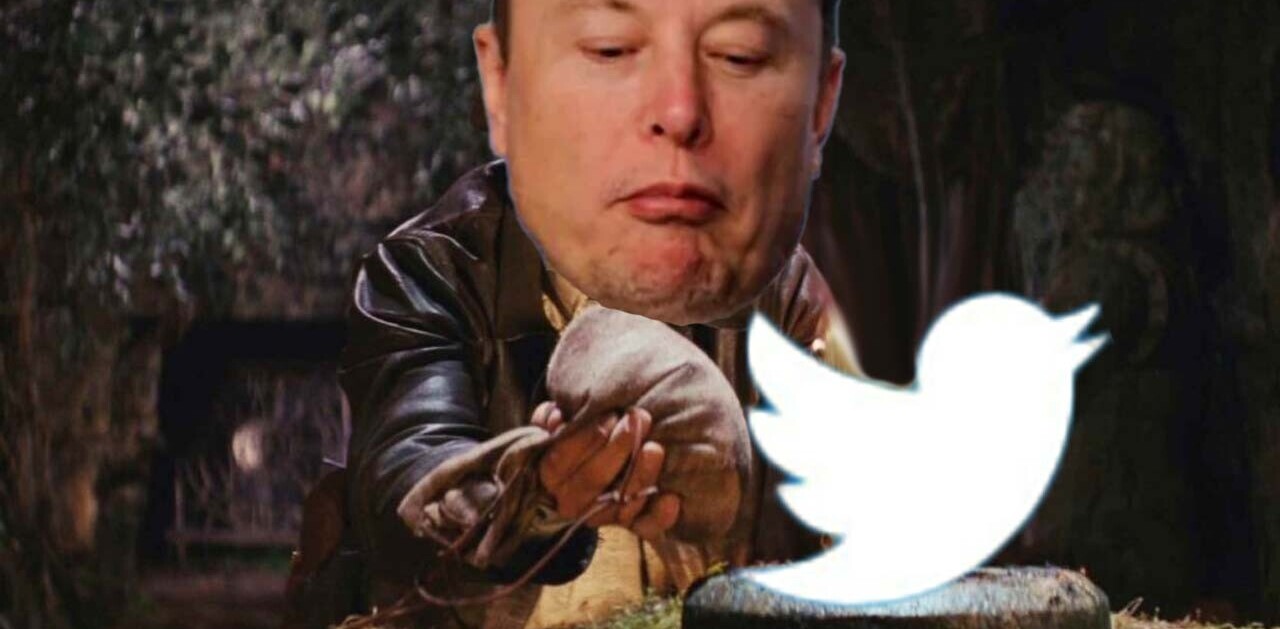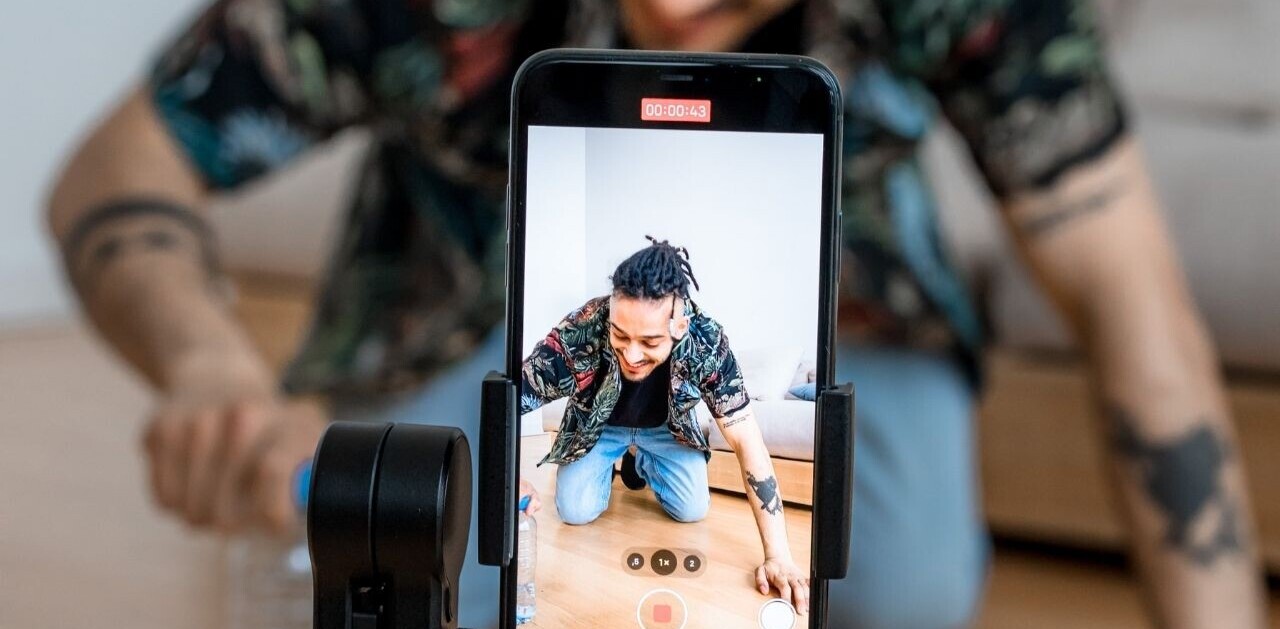
 I recently stumbled across an article that caught my attention : ‘BE Broadband launches Twitter referral drive’. In short, the Twitter application from BE Broadband allows users to give their followers an incentive to sign up to the service.
I recently stumbled across an article that caught my attention : ‘BE Broadband launches Twitter referral drive’. In short, the Twitter application from BE Broadband allows users to give their followers an incentive to sign up to the service.
You tweet a special link and then your followers that use the link get £20 of free credit. It’s unique that they’ve turned things around and instead of jumping on the trend of social buying, they’re going for group selling. Each person is incentivised to tweet the link to their friends not only for their own benefit (the top referrer wins a year’s free subscription to Love Film) but also for the benefit of their followers, who get a nice reward for signing up to the link. Referral schemes are certainly nothing new, nor are sponsored tweets, but this is an interesting approach, drawing on social technologies to improve the concept.
Given the chance, would you make money off your friends?
No doubt a scheme like this will draw its fair amount of criticism for spamming people etc. but a closer look at the campaign shows that it has been carefully structured. Firstly, only the first person to refer the friend will earn the referral so the original tweeter is in no way incentivised to constantly bombard followers. Plus the onus is on the user. This isn’t something automated by the brand – the user clearly has control over what they tweet. There may be some that will abuse this and while it’s certainly not perfect, it’s good that they are trying something new. The real question to ask though is whether people actually have an interest in making money off their personal communities. This is very much a personal campaign to reward your friends and the biggest stumbling block this could face is if it takes things a bit too far. People may genuinely feel uncomfortable in appearing to sell to their friends in any way.
 Inevitably as well we have to look at how this trend could cross over into Facebook, as this could be crucial to the future of social selling. Indeed, they are clearly taking an interest in social buying through their recent announcement of ‘Buy With Friends’. This is essentially their answer to Groupon, revealed at the Social Apps Conference. Buy With Friends will allow users to share their purchases of virtual goods with their friends.
Inevitably as well we have to look at how this trend could cross over into Facebook, as this could be crucial to the future of social selling. Indeed, they are clearly taking an interest in social buying through their recent announcement of ‘Buy With Friends’. This is essentially their answer to Groupon, revealed at the Social Apps Conference. Buy With Friends will allow users to share their purchases of virtual goods with their friends.
Crucially though, this will involve the option to ‘unlock’ deals and share these with friends. While this is currently billed as a solution for virtual goods, it is strikingly in line with Be There’s campaign – essentially you are choosing to share a good deal with your friends. It doesn’t take much of a leap for the person who unlocked the deal to start earning rewards (likely in the form of Facebook Credits) for every friend that then avails of the offer.
What it needs to succeed.
If the idea of social selling (or call it social referring) is to take off then there clearly needs to be a best practice approach to this. As a concept it might sound scary and wholly unwanted to some, but if there is a genuine user interest in this then it could be interesting to explore. Social selling would need to be very carefully managed and structured in a way to limit the amount of users that would be able to sell an offer or discount. And in order for it to succeed then the term social selling might not stick at all. Member-get-member sounds a lot more appealing, or even social referral. It would also need to be managed in such a way so the brand behind the offer makes it as clear as possible that the tweeter etc. is getting a benefit out of this. If As Be There was run through an app then it clearly shows where this was tweeted from, and certainly shows someone up who might now want to disclose that there’s something in it for them as well if you sign up.
The idea of social selling is a tricky one for businesses. And honestly my reaction to the Be There campaign has switched back and forth from thinking it is a beneficial campaign, to being cautious of the entire concept. While it may not be overly welcome, commercialising a large part of our interactions with friends, as a possible next step in online commerce could prove interesting and a test of just how much we value our communities.
If there’s a quick buck to be made, how many people would take the chance?
Get the TNW newsletter
Get the most important tech news in your inbox each week.





